From Data to Decisions: The Power Behind AI-Driven Development
In today’s fast-paced, data-rich world, making the right decision at the right time can determine a company’s success or failure. Yet, raw data alone doesn’t drive smart decisions—intelligent systems do. At the core of these systems lies the expertise of an artificial intelligence developer. These professionals are redefining how businesses turn data into actionable insights by creating AI-powered platforms that can analyze, learn, and evolve.
Introduction
In today’s fast-paced, data-rich world, making the right decision at the right time can determine a company’s success or failure. Yet, raw data alone doesn’t drive smart decisions—intelligent systems do. At the core of these systems lies the expertise of an artificial intelligence developer. These professionals are redefining how businesses turn data into actionable insights by creating AI-powered platforms that can analyze, learn, and evolve.
The Data Deluge: Why AI Matters
Organizations collect more data than ever before—from customer behavior and market trends to logistics and operational efficiency. However, most of this data remains untapped. Without intelligent tools to process and analyze it, businesses risk missing out on valuable opportunities.
That’s where AI comes in. It transforms large, unstructured datasets into useful insights, revealing patterns that human analysis would miss. The key to unlocking this potential lies in having the right development talent—someone who understands both advanced algorithms and practical business applications.
The Role of an Artificial Intelligence Developer
An artificial intelligence developer is more than a coder—they are strategic architects of AI systems. Their job involves:
-
Building machine learning models that can detect patterns in vast datasets
-
Creating automation pipelines to streamline operations
-
Integrating AI algorithms into web and mobile applications
-
Ensuring that systems adapt and improve through continuous learning
-
Addressing ethical considerations and minimizing algorithmic bias
Whether working on fraud detection tools, recommendation engines, or predictive analytics systems, their impact is substantial and measurable.
Turning Data Into Decisions: How It Works
Let’s break down how AI-powered systems make decisions:
-
Data Collection: Real-time and historical data from various sources (sales, CRM, IoT devices, etc.) is gathered.
-
Preprocessing: The data is cleaned, labeled, and normalized.
-
Model Training: Developers train machine learning models on this preprocessed data.
-
Prediction/Action: Once deployed, the system analyzes new data and makes predictions or decisions.
-
Feedback Loop: The model continues learning from outcomes, improving over time.
Behind each of these stages, the work of an artificial intelligence developer ensures the process runs smoothly and effectively.
Real-World Applications of AI-Driven Decisions
1. Finance
Banks use AI to automate risk assessment and detect fraudulent transactions. AI models built by developers process millions of transactions in real time and flag anomalies.
2. Retail
Retailers leverage AI to forecast demand, optimize inventory, and personalize the customer experience. Developers create recommendation engines that boost conversion rates.
3. Healthcare
From disease diagnosis to hospital resource allocation, AI assists healthcare providers in saving lives and reducing costs. AI developers are the backbone of these diagnostic and predictive systems.
4. Manufacturing
AI monitors machine health, predicts failures, and improves production planning. Developers write algorithms that analyze sensor data and recommend preventative actions.
5. Logistics
AI helps in route optimization and delivery time prediction. Developers train systems that adapt to changing traffic conditions, reducing delays and costs.
AI Developers vs. Prebuilt Solutions
Many businesses are tempted to use prebuilt AI tools, assuming they can offer quick fixes. While these tools may work in generic use cases, they fall short in real-world complexity. Here’s why custom-built solutions by a dedicated artificial intelligence developer are better:
| Prebuilt Tools | Custom AI Development |
|---|---|
| Limited functionality | Fully tailored solutions |
| Black-box algorithms | Transparent and explainable AI |
| No control over data handling | Custom data management |
| Hard to scale or integrate | Scalable and integrable with your systems |
Simply put, prebuilt solutions are shortcuts—custom development is a long-term investment with significantly higher ROI.
Why Every Company Needs an AI Developer
AI is not just for tech companies anymore. From insurance to agriculture, businesses in every industry can benefit from AI, provided they have the right talent to implement it.
A professional artificial intelligence developer can:
-
Identify key data sources for AI integration
-
Build models specific to your industry needs
-
Ensure compliance with security and ethical standards
-
Scale your AI system as your business grows
-
Provide ongoing model tuning and optimization
Hiring an AI developer is a strategic move that puts your company in control of its own innovation.
Hiring with Confidence: Why Choose MagicFactory
Finding a qualified AI developer is not easy. It requires not only technical evaluation but also alignment with your business vision. MagicFactory makes it simple by connecting businesses with top-tier AI talent.
When you hire through MagicFactory, you get access to:
-
Developers with real-world experience across industries
-
Flexible engagement options (freelance, full-time, project-based)
-
AI professionals who understand ethical AI principles
-
Ongoing support and collaboration to ensure project success
Future Outlook: Smarter, Faster, More Agile
As AI continues to evolve, so will the tools, platforms, and methodologies used to make decisions. Businesses that embrace this shift today will be the market leaders tomorrow. AI will soon move beyond automation into areas like strategic planning, customer experience design, and real-time problem-solving.
That’s why building a strong foundation now—with the help of a dedicated artificial intelligence developer—will prepare your business for the next wave of digital transformation.
Conclusion
From raw data to real-time decisions, the journey of AI development is both technical and strategic. Businesses that want to stay ahead must do more than collect data—they must use it intelligently.
In a world defined by algorithms, insights, and innovation, the right developer can help you make smarter decisions—faster than ever before.























































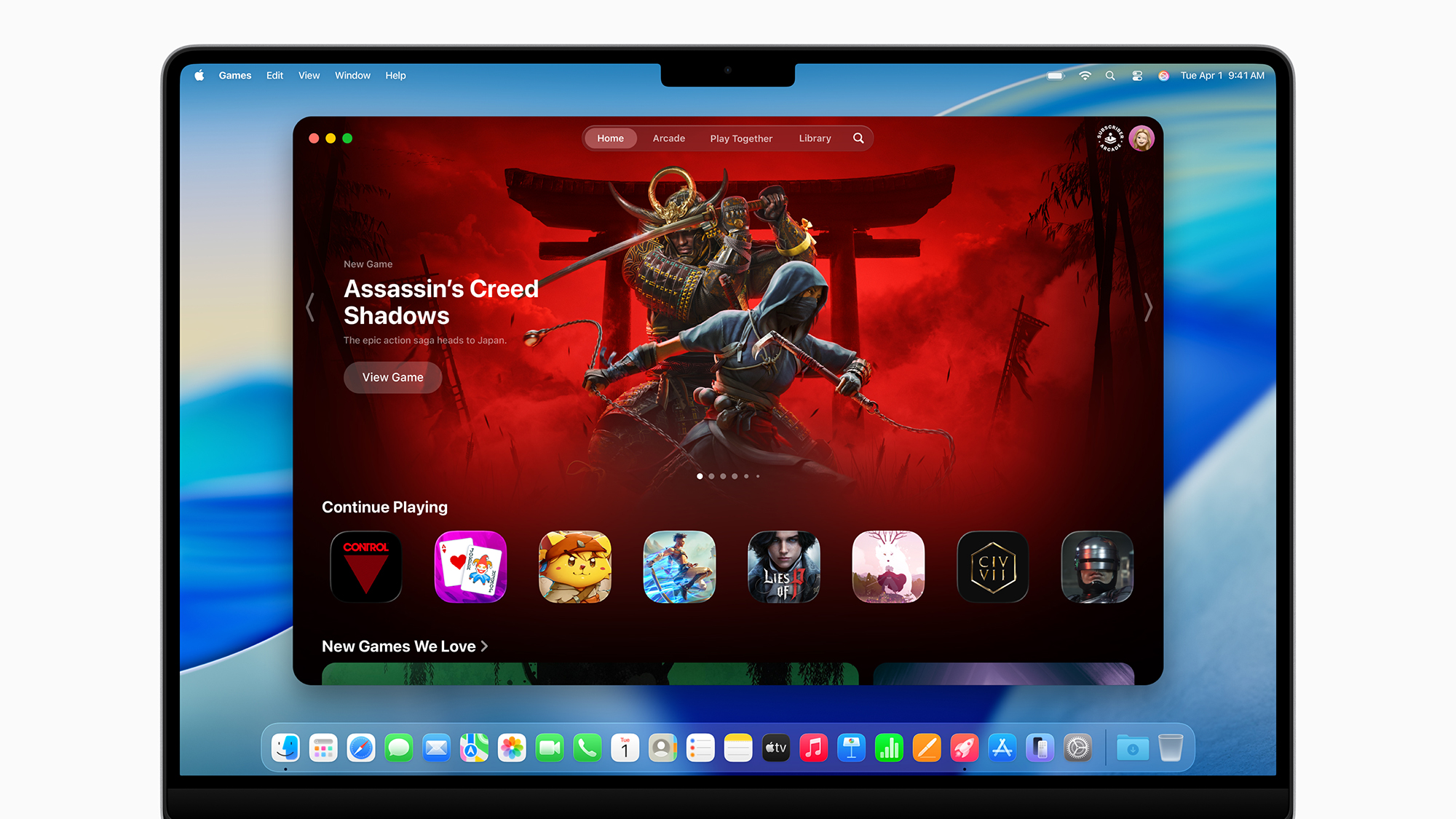












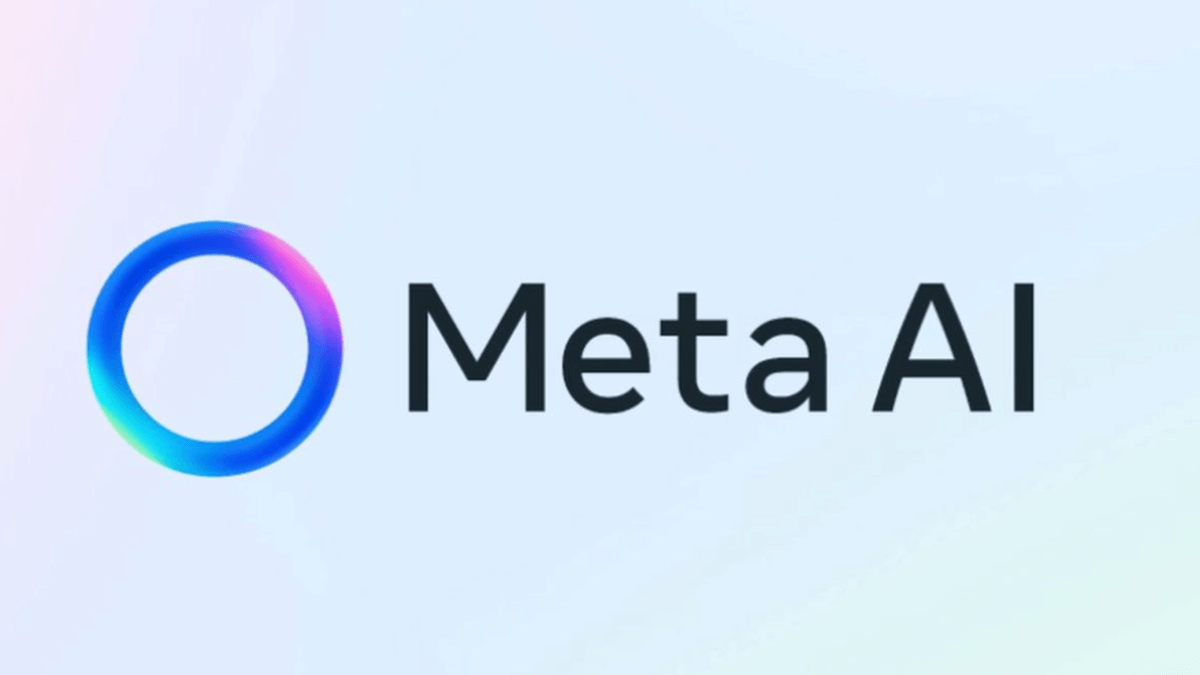




![3DMark Launches Native Benchmark App for macOS [Video]](https://www.iclarified.com/images/news/97603/97603/97603-640.jpg)
![Craig Federighi: Putting macOS on iPad Would 'Lose What Makes iPad iPad' [Video]](https://www.iclarified.com/images/news/97606/97606/97606-640.jpg)
![Apple Releases Updated Build of iOS 26 Beta 1 [Download]](https://www.iclarified.com/images/news/97608/97608/97608-640.jpg)












![The new Google TV setup process is impressively fast and easy [Gallery]](https://i0.wp.com/9to5google.com/wp-content/uploads/sites/4/2025/06/Google-TV-logo.jpg?resize=1200%2C628&quality=82&strip=all&ssl=1)
![Google Play Store not showing Android system app updates [U]](https://i0.wp.com/9to5google.com/wp-content/uploads/sites/4/2021/08/google-play-store-material-you.jpeg?resize=1200%2C628&quality=82&strip=all&ssl=1)












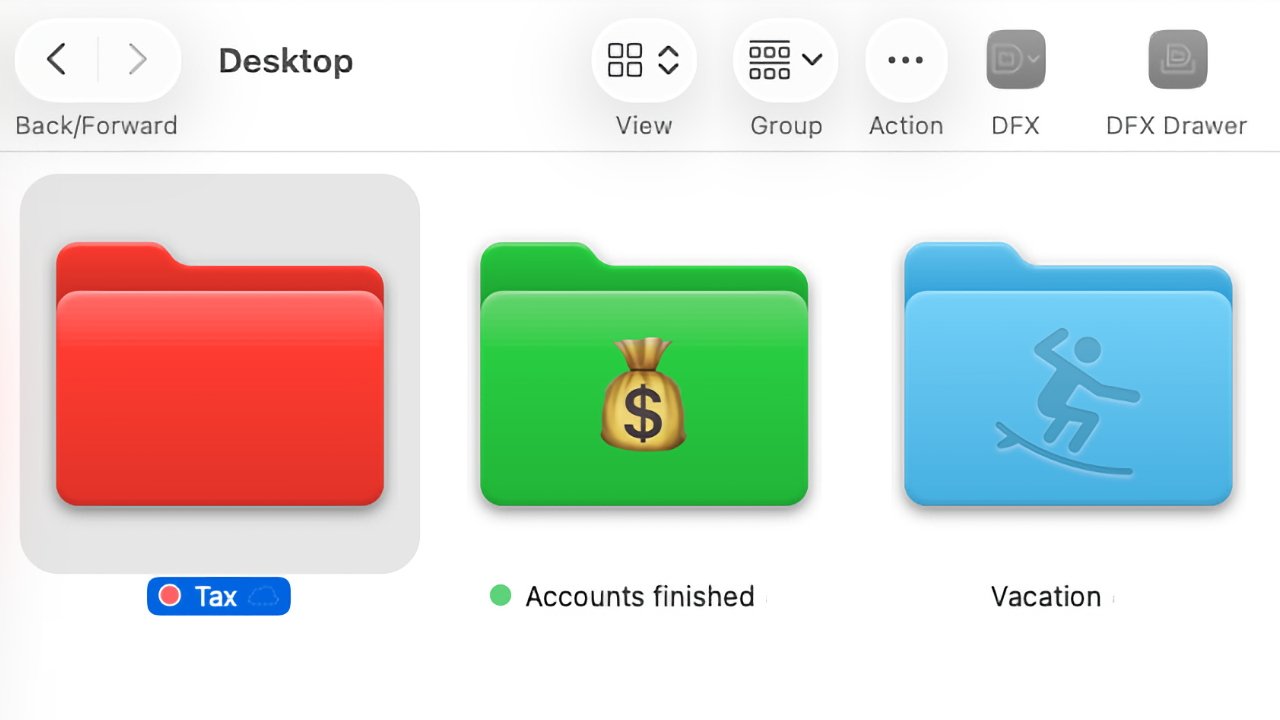

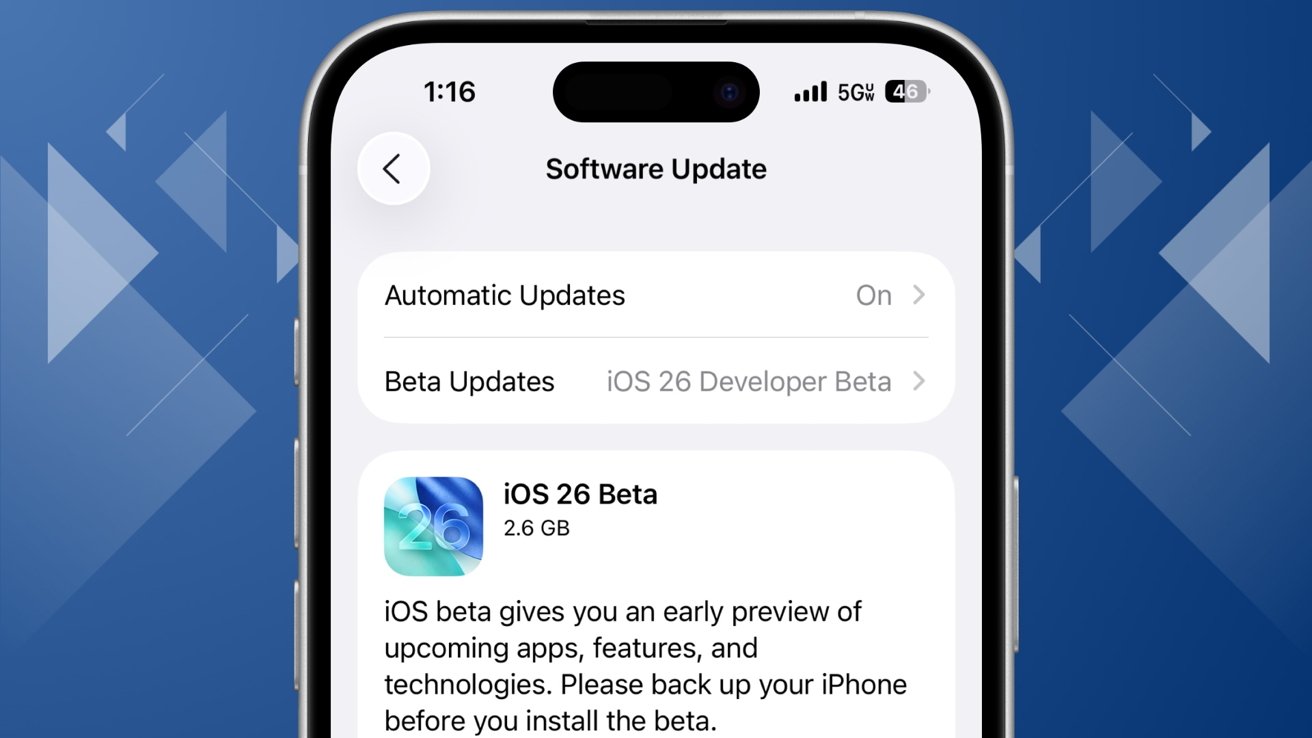
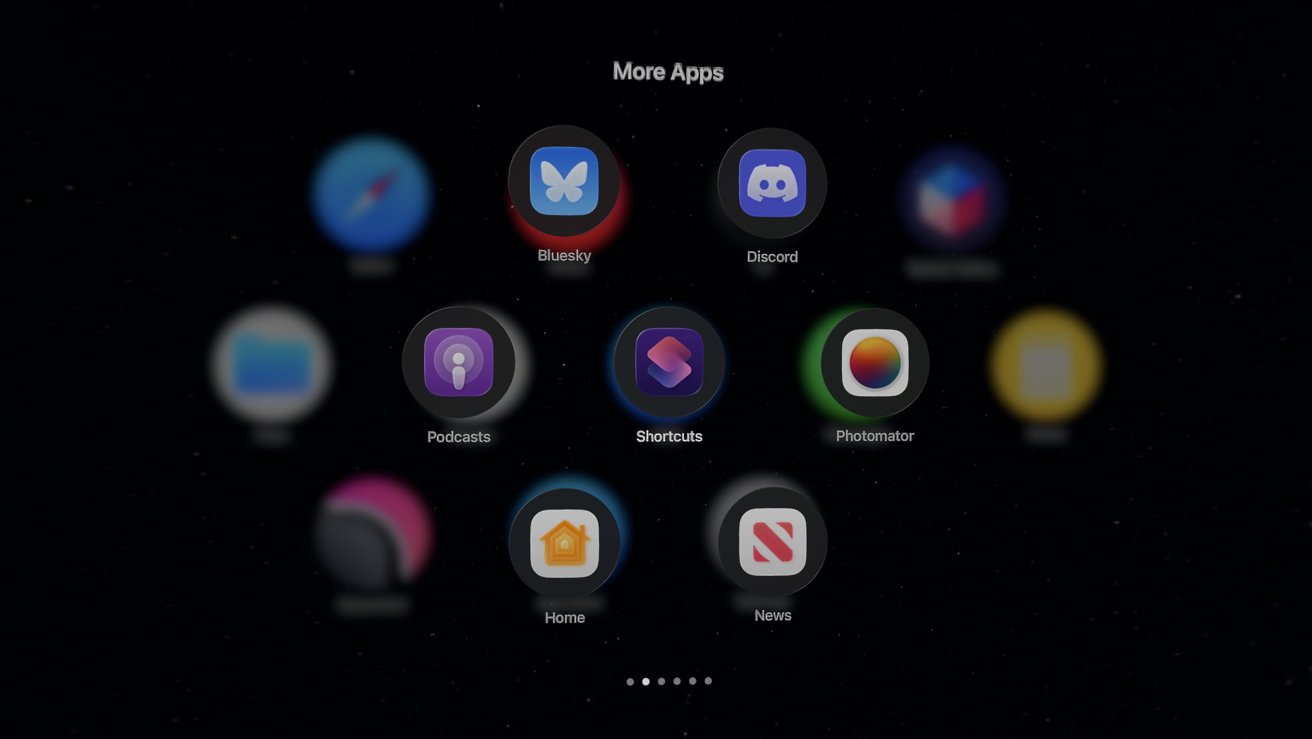

















































































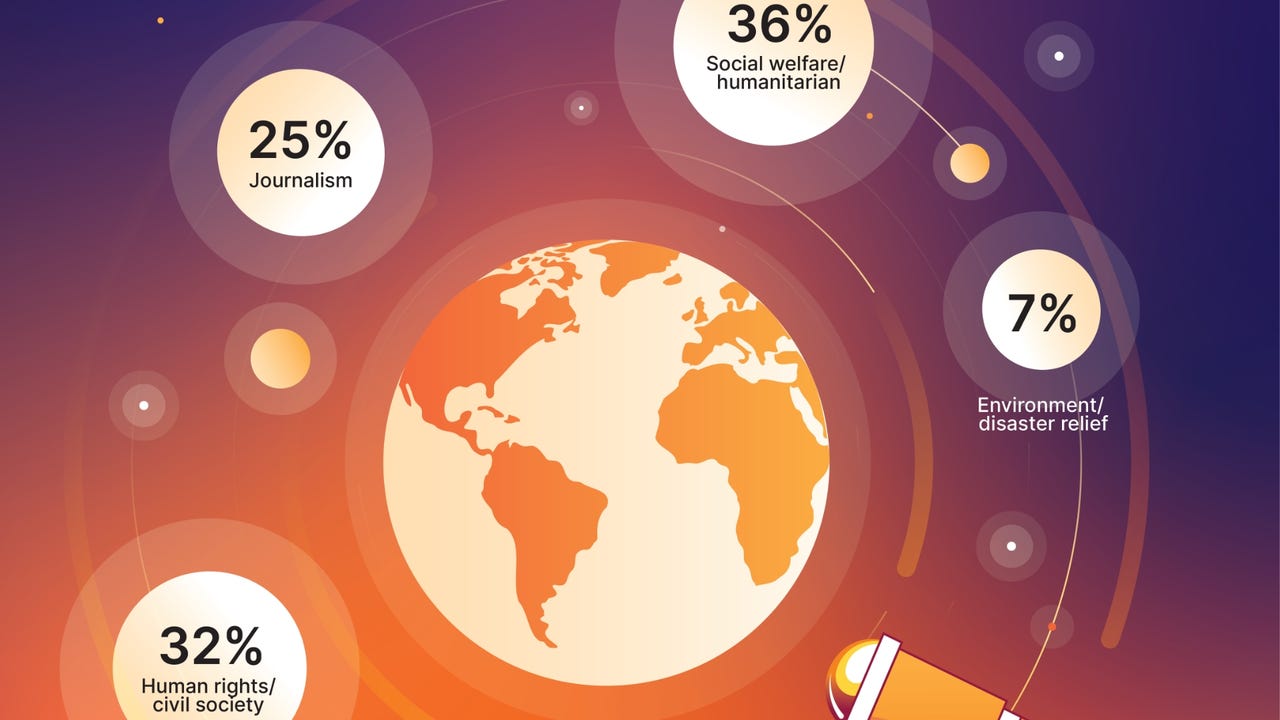
_designer491_Alamy.jpg?width=1280&auto=webp&quality=80&disable=upscale#)

_Andreas_Prott_Alamy.jpg?width=1280&auto=webp&quality=80&disable=upscale#)














































































































![[The AI Show Episode 152]: ChatGPT Connectors, AI-Human Relationships, New AI Job Data, OpenAI Court-Ordered to Keep ChatGPT Logs & WPP’s Large Marketing Model](https://www.marketingaiinstitute.com/hubfs/ep%20152%20cover.png)




























































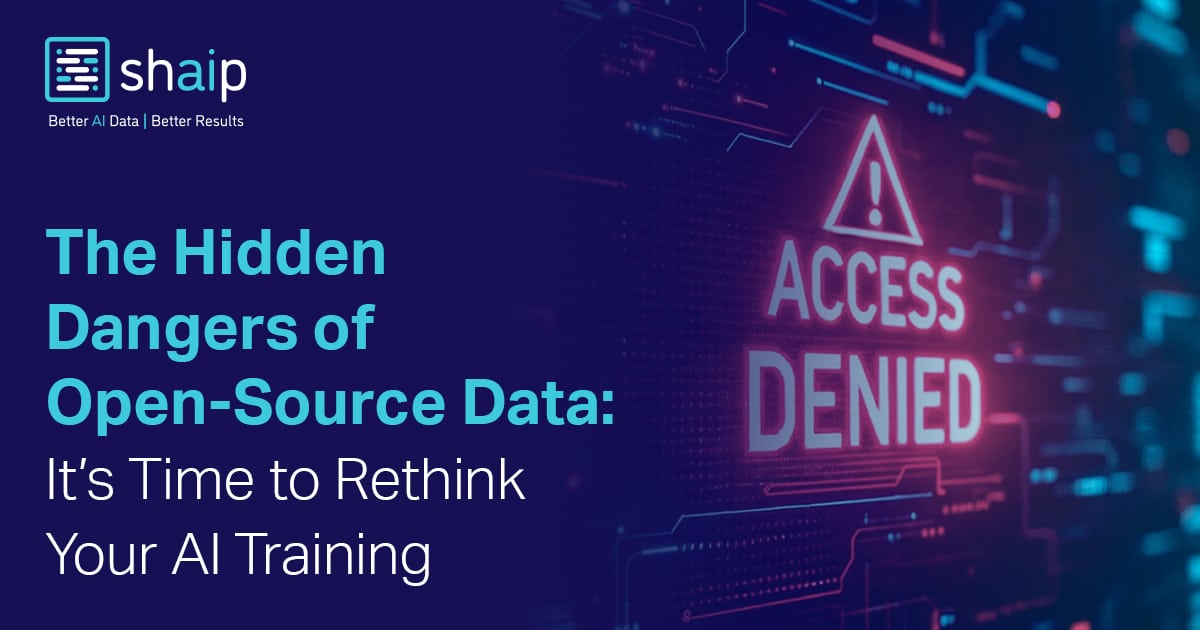




















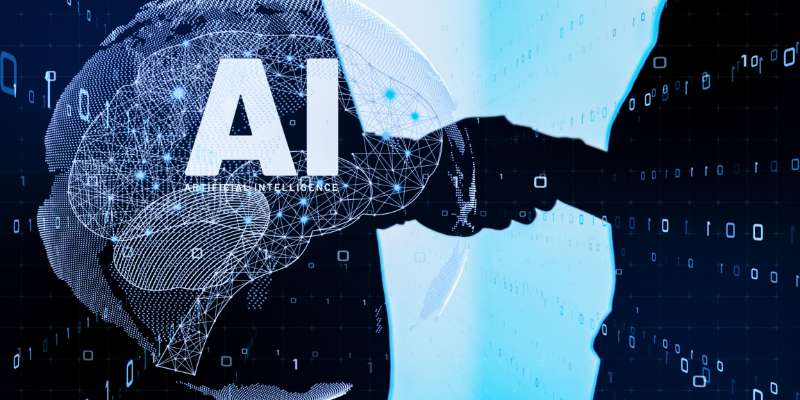



















![[FREE EBOOKS] Natural Language Processing with Python, Microsoft 365 Copilot At Work & Four More Best Selling Titles](https://www.javacodegeeks.com/wp-content/uploads/2012/12/jcg-logo.jpg)

























































































































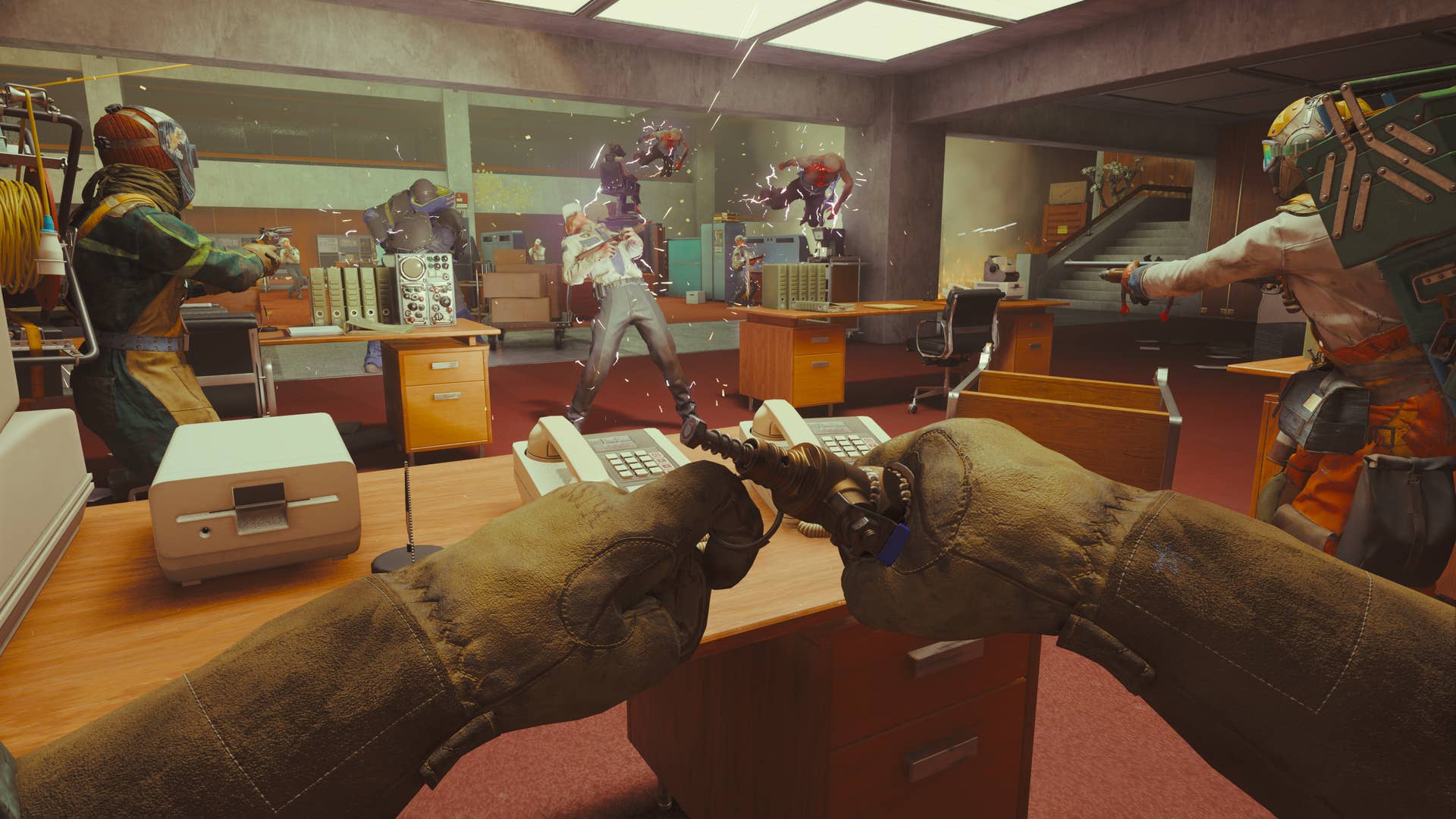












.jpg?width=1920&height=1920&fit=bounds&quality=70&format=jpg&auto=webp#)
